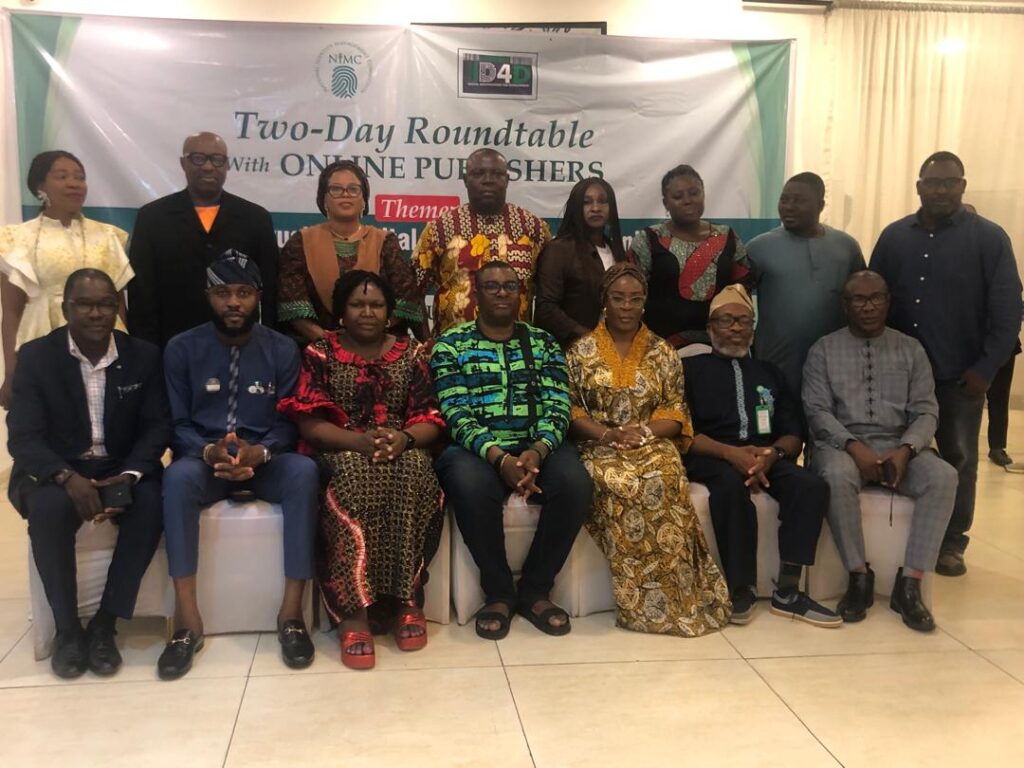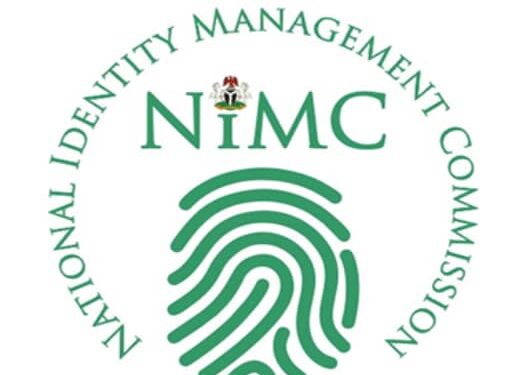By Queen Kunde
The National Identity Management Commission (NIMC) has announced that Nigeria will begin issuing a new General Multipurpose Identity Card (GMPC) by October 2025, ushering in a new era of digital identification and streamlined access to public and financial services.

The announcement was made during a workshop for online editors in Abuja, where NIMC officials reaffirmed that the National Identification Number (NIN) remains the foundation of Nigeria’s identity system. The new GMPC, they said, will complement the NIN by serving as a physical, multi-functional tool designed to meet the growing demand for inclusive and convenient identity verification.
“The NIN has always been the backbone of our identity system,” a senior NIMC official stated. “This new card is designed to enhance service delivery and expand access to government programs, especially in underserved communities.”
While the full technical details of the GMPC will be revealed at the official launch, NIMC hinted that it will feature digital wallets to support government subsidies—particularly for farmers—as well as capabilities for credit disbursement and financial transactions. The card is expected to be integrated with key government schemes in agriculture, social welfare, and small business development.
“It’s more than just an ID,” the official added. “It’s a platform for empowerment.”
To streamline distribution, the GMPC will be issued through partner banks and relevant ministries, including the Federal Ministry of Agriculture and Food Security. NIMC clarified that it will focus on identity management and oversight, while trusted partners will handle card issuance logistics.
NIMC officials assured the public that the card will be affordable, noting that associated costs are tied to sustaining infrastructure and ensuring security, not profit.
“We are not commercializing identity,” the Commission stated. “We are building a system that empowers every Nigerian.”
All Nigerian citizens will be eligible for the card. Non-Nigerians legally residing in Nigeria can obtain a NIN and may receive a version of the card indicating their residency status, but not citizenship.
“The card will clearly differentiate citizens from legal residents. A NIN doesn’t confer nationality—it’s a record for identity management.”
Responding to confusion over multiple ID platforms, NIMC emphasized that the NIN remains Nigeria’s core identity credential and is already mandatory for services like SIM registration, voter enrollment, and banking.
“The new card is not replacing the NIN—it’s an extension of it, designed in response to citizens who want a functional, physical ID.”
As the October launch date draws near, NIMC says it will roll out a robust nationwide media campaign to educate the public about the GMPC’s benefits, how to obtain it, and how it supports government reforms.
“Every Nigerian deserves to be identified and included. This card is about more than identity—it’s about access, opportunity, and national development,” the official concluded.
The GMPC is part of a broader national effort to modernize identity systems, improve governance, and accelerate digital transformation across sectors.


